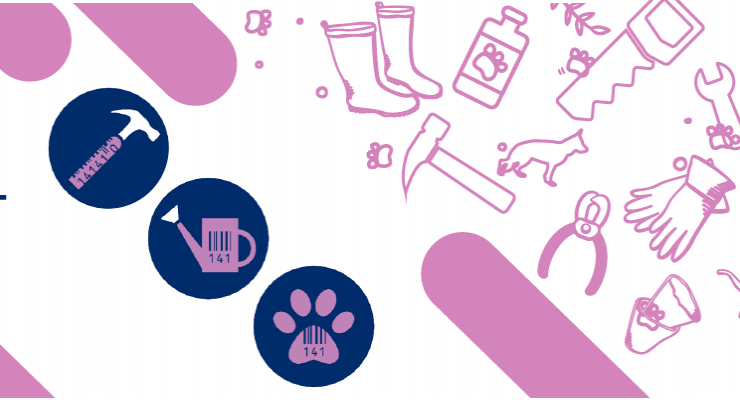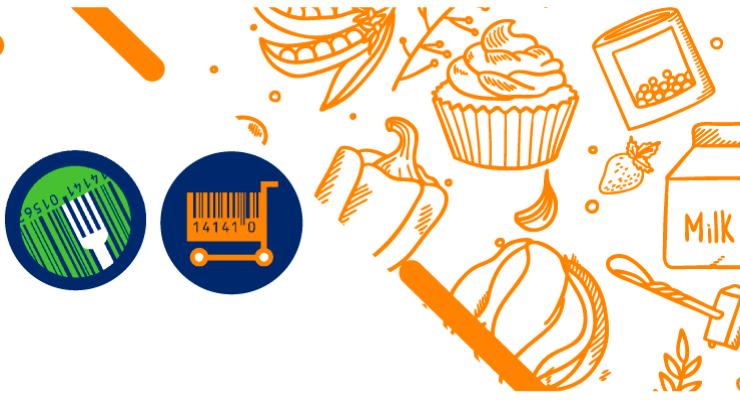
Cooperation between GS1 and Fost Plus simplifies exchange of packaging data
GS1 Belgium & Luxembourg and Fost Plus have signed a cooperation agreement for the exchange of packaging and other data. The partnership between the two organisations will make it easier for companies to manage and share data about their products and packaging. And that is necessary, because such data plays an important role in the ongoing transition to a circular economy.
‘To organise collection, sorting and recycling efficiently, we need to have a clear view of the packaging that companies are putting on the market,’ says Joeri Deswarte, Team Leader Account Management Members at Fost Plus. ‘This is why we ask our members to report on their packaging in as much detail as possible in their annual declaration. With the Single Use Plastics Directive (SUP-D) and the impending Packaging and Packaging Waste Regulation (PPWR) in mind, the amount of packaging information that companies need to collect is bound to increase.’
Joining forces
‘At the same time, we’re seeing a clear development in the direction of a digital passport that accompanies a product throughout its life,’ says Karen Arkesteyn, Senior Innovation Manager at GS1 Belgium & Luxembourg. ‘Such a passport contains all the information needed to consume the product sustainably and reintroduce it into the circular economy afterwards. The same principle can be applied to product packaging.’
With the GTIN – the number in the barcode found on almost every package – GS1 provides the ideal platform for managing that data.

Less administration, better data
The idea is to allow companies to share product and packaging composition data with Fost Plus via My Product Manager. Examples would include the type of packaging, the materials used, the volume and weight of the various components (including labels, caps, sealing films and so on) and, of course, recyclability and the proportion of recycled material.
Companies will eventually also be able to easily upload that data in their declaration to Fost Plus. ‘In this way, we will avoid duplication and ease the administrative workload. At the same time, it will reduce the risk of errors and improve the quality of our data,’ says Joeri Deswarte.
Step by step
GS1 and Fost Plus will work together in the coming months to achieve a harmonised set of data for packaging. ‘We need to make proper arrangements for that: what data do we need exactly? How should it be structured? And what about data validation? Of course, we’re also taking into account the requirements of the future European Packaging and Packaging Waste Regulation (PPWR), so that the same data can eventually also be used for reporting in other member states,’ says Karen Arkesteyn.
However, that will take time. ‘Our members need not therefore expect any major changes in their next declaration for the year 2024,’ stresses Joeri Deswarte.

Relevant information for consumers
The harmonisation of packaging data also opens the door to new applications, including for consumers. ‘By scanning the barcode, they can access relevant information about their packaging, such as sorting instructions. This will resolve any uncertainty in future about whether something can go in the blue bag or not. That may seem like a remote future possibility right now, but what is clear is that our cooperation with Fost Plus can give a nice boost to the development of the circular economy,’ concludes Karen Arkesteyn.




